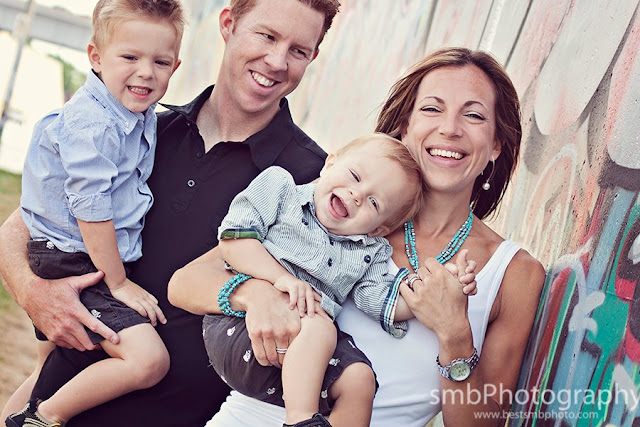Home studies have got to be the most time-consuming, invasive, and nerve-wracking part of the adoption process for prospective adoptive families. As a social worker who routinely writes home studies for local families and as an adoption consultant who coaches people through them from the other side, I can understand all the feelings that go along with the rigorous home study process.
Will our home be up to par?
What will a professional think about the way we parent or plan to parent?
What about my past?
Common Myths
Our house needs to be perfect.
Your social worker isn't expecting perfection and expects to walk into a home that looks lived in. I promise your social worker will not arrive in a little white outfit for a white glove test.
We need to be wealthy.
Although adoption is costly, you don't have to be rich to be home study approved. More important than your bank account will be your budget, your debt, and how you spend your money.
We need to own our own home.
Families who rent their homes can easily be approved for adoption.
Our past needs to be spotless.
I can't think of one home study I've written where the family didn't have something hard to discuss with me (past abuse, mental health issues, even a criminal background.) My favorite? A father who confessed a felony when he was 18 when he was dared to jump onstage with Aerosmith and was promptly arrested...
What is a home study?
The home study is an evaluation of a
prospective adoptive family required by state and federal regulations completed by a licensed social worker. A good social worker and agency will also use this time to help educate your family on the adoption process, parenting an adopted child, and answering any questions that might come up. Ultimately, your home study is used to apply to adoption agencies and grants, for your attorney to file with the court, and for a judge to review before finalizing your adoption.
In general, the following information is included in an adoptive homestudy:
- Personal and family background-including upbringing, parents and siblings, and important life events
- Significant people in the lives of the adoptive family
- Marriage and family relationships
- Motivation to adopt
- Expectations for the child and the adoption
- Feelings about infertility (if applicable)
- Parenting and integration of the child into the family
- Family environment
- Physical and health history of the adoptive family
- Education, employment and finances (including insurance coverage and childcare plans if needed)
- References and criminal background clearances
- Summary and social worker's recommendation
What to expect
The home study process typically involves three stages. The first stage is the adoptive family completing paperwork. The second stage requires at least one home visit as well as individual visits with each adult member of the family. And finally, the social worker completing a report that includes an assessment of your family and recommendation for adoption. The process usually takes anywhere from two to four months based on how quickly you can complete your paperwork and how busy the agency is at the time.
How to prepare
Be ready to answer very personal questions about your life, your childhood, your marriage, and your struggles. This will include everything from the way you were disciplined as a child, mental health issues, marital conflict, struggles with infertility, and financial challenges. A social worker isn't looking for a family free from struggles and issues, but is looking at how you manage stress and difficulty in your lives. Have you worked through hard issues? Do you have a strong support system? Are you quick to acknowledge weakness and seek help? The more honest you are about how you've dealt with hard times in your lives, the more the social worker can gain a clear perspective.
How to get through it
Expect to be spending a lot of time filling out and gathering paperwork. Your agency will typically require background checks, marriage and birth certificates, tax records and bank statements, job and insurance verifications, and physicals for all household members. I recommend families take several nights or a weekend to plow through this process. Grab some good snacks, put on some good music, and get to work! During the home visit and interviews, be yourself. Your social worker wants to get to know you and your family dynamics. Being honest and forthright will only serve you well.
Although this isn't a glamorous part of the process to building your family, it's a huge first step. Completing a home study is hard work, costly, and tedious. But on the other side, completely worth it.
Looking for the next step after your home study? Check out this adoption road map or contact me.
Want more adoption [mini] tutorials? Click here for more resources!
Want more adoption [mini] tutorials? Click here for more resources!


.JPG)























